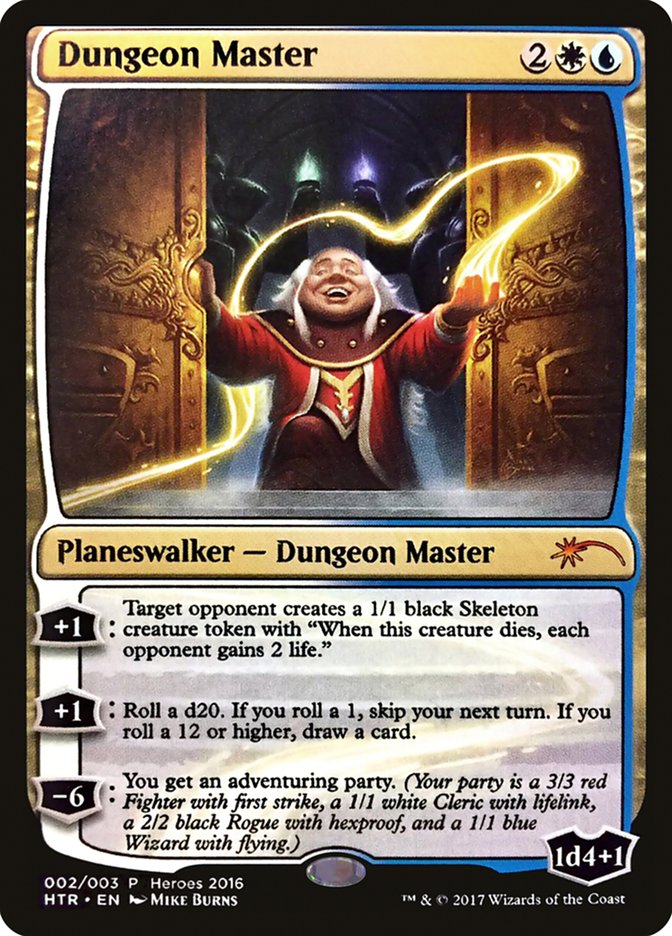Retaliation
In the Stenza legal code, enshrined on the Twin Pillars, the "right of retaliation" refers to the right of an individual who has suffered a wrong to address that wrong appropriately. There are two checks on this, chiefly designed to prevent civil war from tearing apart the Unified Stenza Clans/The Nine Systems. The first is that the individual who has been wronged may only answer the wrong proportionally, and the second is that the victim of an act of retaliation cannot, in turn, retaliate. (Furthermore, all these rules only apply to adults, and while it is good and necessary for children and young people to learn them, they are not as bound by them as their older counterparts.)
Proportionality of Answer
If a Stenza must answer a wrong done against them, the answer may only be in kind. Do not call for blood if someone lightly struck you.There is a scale of reactions available to a Stenza adult who has suffered insult or injury, hard-capped at the scale of the original offense (homicide, clan killing, and cheating require the intervention of the Droghi Council). However, in most other cases, Stenza adults have a number of other options, including a more lenient response to the offense in question and the option of ceding entirely. Ceding retaliation forces the perpetrator to either desist or risk a potentially severe social or legal sanction (shunning and intervention from the Droghi Council are not off the table in such cases). It is recommended and encouraged to consult with one's blood siblings and/or litter mates before action is taken. The complicating factor is often referred to in matters of Stenza law as "the bar fight", but may encompass any number of settings as the key focus is the fight itself. Hospitality dictates that the altercation take place in an open-air public setting of some kind, and the only real solution to the problem is to simply separate the parties or let them knock themselves out, and then parse out the precipitating events a few hours later.
Limits on Retaliation
The Stenza who retaliates has not made an enemy; rather, they have restored social order. Those who see this as an act worthy of retaliation must be denied.A key concern following the Battle with the Stone Menace was the prospect of civil war. Therefore, the other legal cap on retaliation is that it ends with the recipient of the original insult. It is legally impossible to retaliate for retaliation. This is designed to prevent the development of blood feuds that would have, in pre-Unification days, blown up into inter-clan wars (which often overlapped with other causes for such conflict, including shoreline territory and food). Although not a wholly perfect system, as there have been civil wars since Unification, allowing a matter to be settled once the offended party decided what to do about it has been mostly reliable, and is still the standard in use today.




I love these articles you do about Stenza culture. I don't think I want to know what 'lesser' sorts of mauling are. I like also that this is part of Stenza law, really.
Explore Etrea
I'm glad you love reading these things because I really like writing them. (Which is odd because I'm a little worried how exploring the cultural divide between the Stenza and the humans is going to "read" when it comes to my novel.)